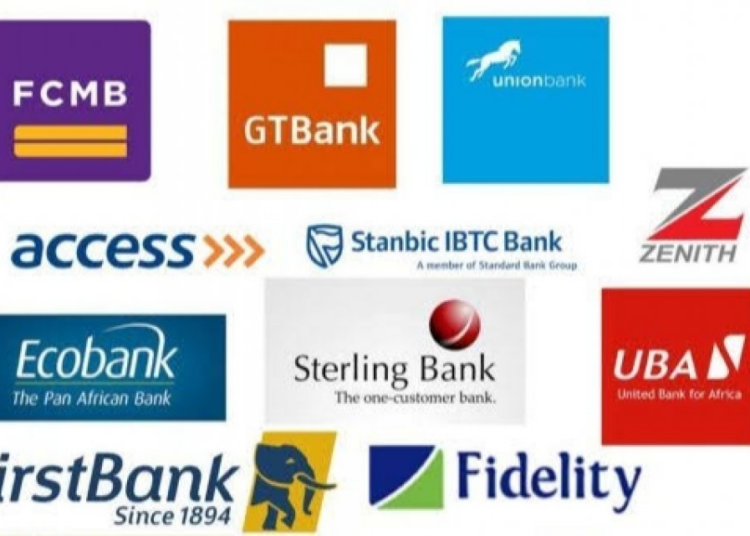International rating agency, Fitch Ratings has said, Nigerian banks will face near-term execution and credit risks from their presence in other Sub-Saharan African (SSA) markets, depending on the degree of operating environment difficulty and underlying sovereign ratings of these markets.
Some major Nigerian banks and financial holding companies have established footprints in African countries a position the rating agency may portend positive and negative impact on their ratings.
Fitch, in its latest report on Nigerian banks, said longer-term, increased geographic diversification may support banks’ business profiles and growth prospects and financial performance stability.
Noting that exposures to low rated countries as well as foreign exchange exposures can be a downside to the banks, it said, digital offerings to acquire market share, reduce operating expenses and increase investment returns.
United Bank for Africa(UBA) with a footprint in 18 African countries has the largest expansion across the continent leads, FBN Holdings, Access Corporation, GTCO and Zenith Bank in the spread to other African countries.
According to Fitch, hampered by regulatory intervention and domestic country risks, large Nigerian banks are transitioning into regional financial services providers by leveraging their developed domestic business models and franchises, supported by enhanced governance practices and risk management capabilities.
Barriers to entry and competition from incumbents in new, mostly frontier, markets are relatively low and the exits of long-established international banks from the region provide significant growth opportunities.
“We believe Nigerian banks’ expansion strategies, which include greenfield and M&A investments, are credible. UBA and, to a lesser extent, GTCO strategies are to establish fully-fledged banking subsidiaries, weighted towards corporate banking and treasury. UBA has by far the largest regional presence. FBN Holdings Plc (FBNH) and Zenith Bank Plc’s (Zenith) focus is also mainly on corporate banking, which is highly competitive.
“Nigerian banks also see significant opportunities in retail banking. Access, with growth fuelled by M&A activity, is focused on both retail and corporate banking.
Access is ambitiously targeting a 30 per cent contribution to gross revenues from its regional operations in the medium term.
“Despite the global economic slowdown, SSA GDP is estimated to grow by around four per cent in 2023 compared to global growth of just 1.4 per cent. Opportunities for banking and financial services can be significant, with African countries having large, young and underbanked populations. To tap the retail segment in particular, Nigerian banks will utilize proven digital offerings to acquire market share, reduce operating expenses and increase investment returns.
“However, banks’ operations and risks remain concentrated in Nigeria, and regional growth and diversification do not necessarily provide ratings uplift. Nigerian banks with sizeable exposures outside their home market can be negatively affected by exposures to low-rated countries, such as the Republic of Congo (‘CCC+’), Mozambique (‘CCC+’), Ghana (RD) and Zambia (RD). However, the operating environment (OE) score can be supported by exposure to higher rated OEs, such as Cote d’Ivoire, South Africa and Namibia (all rated ‘BB-’).
“Banks’ risk profile scores can be negatively affected by market risks, especially FX risk. Regional expansion brings significant operational risks and requires robust processes and systems to mitigate human error, fraud and cyber related risks. Business profiles can be notched up when regional diversification directly benefits the franchise, market position and performance stability, or notched down when expansion strategies fail to deliver stated objectives,” it pointed out.





